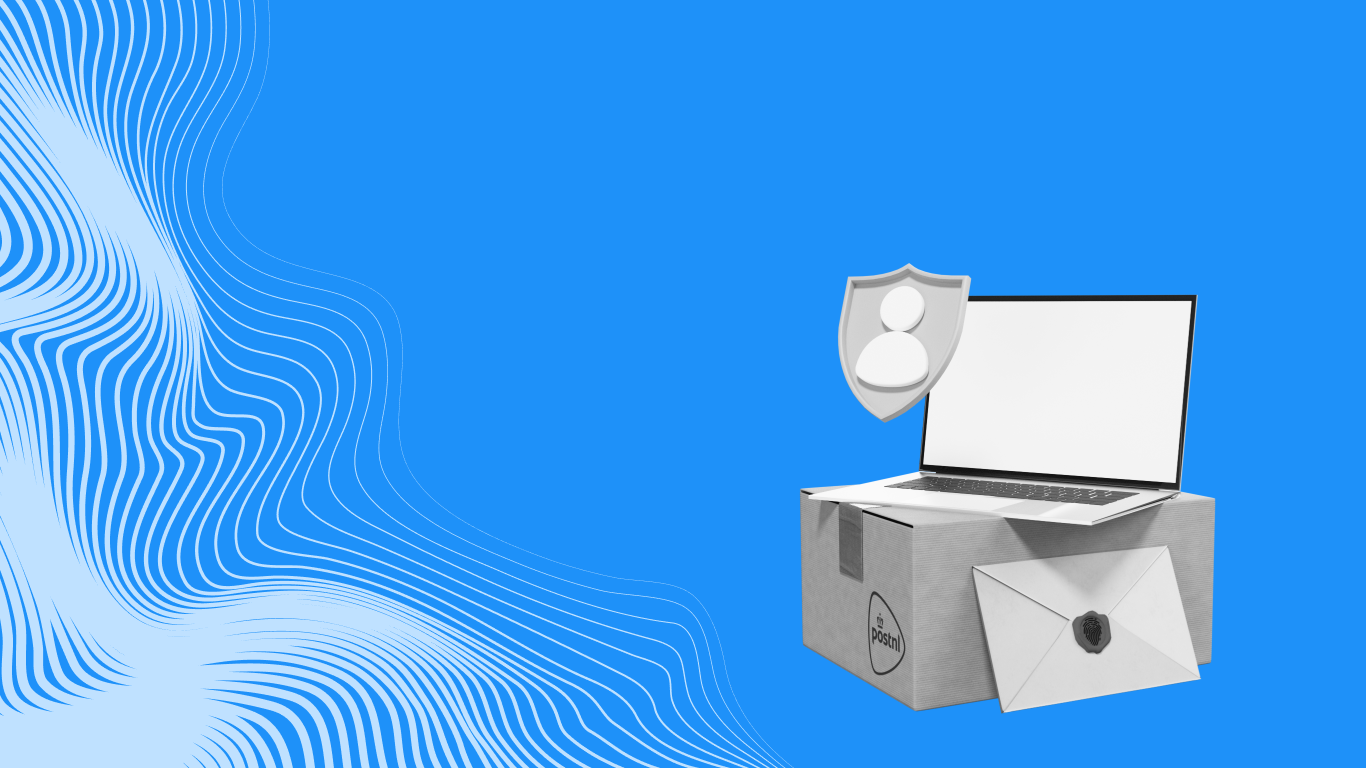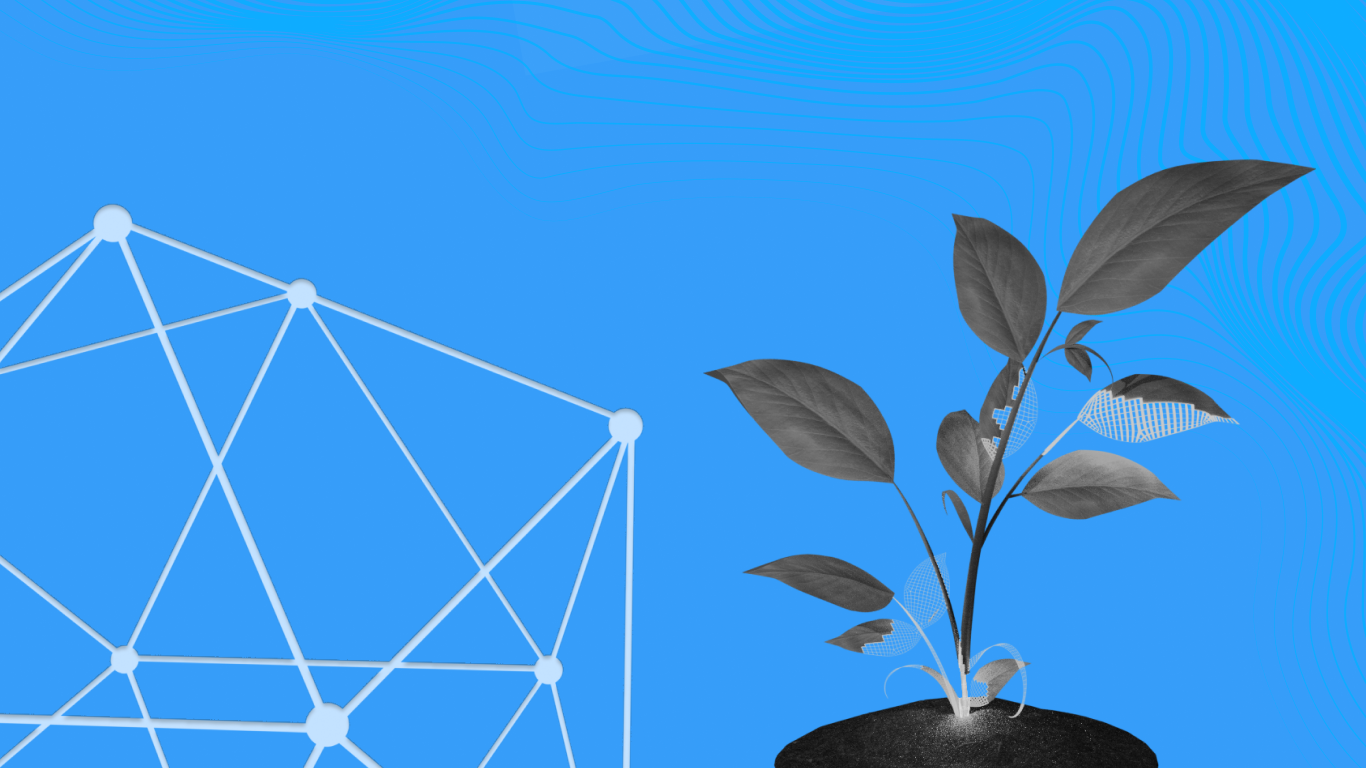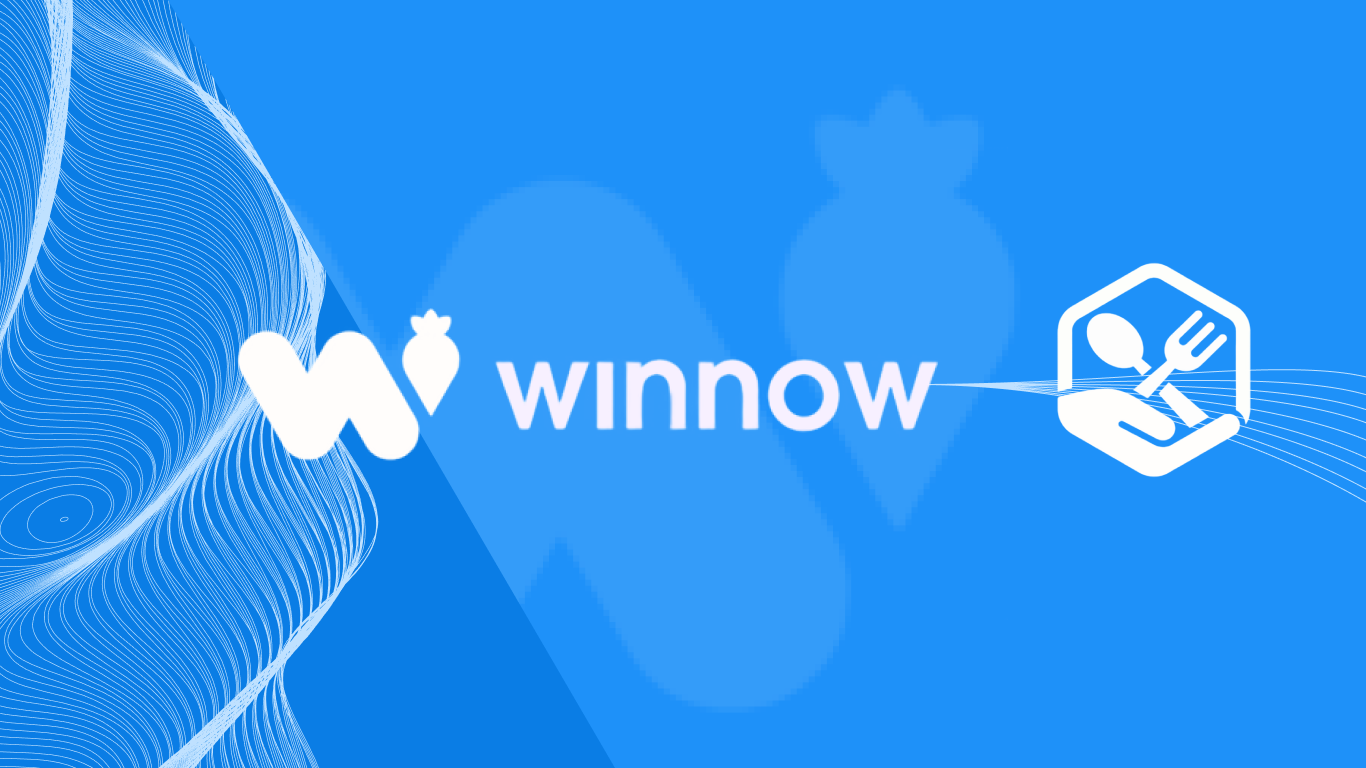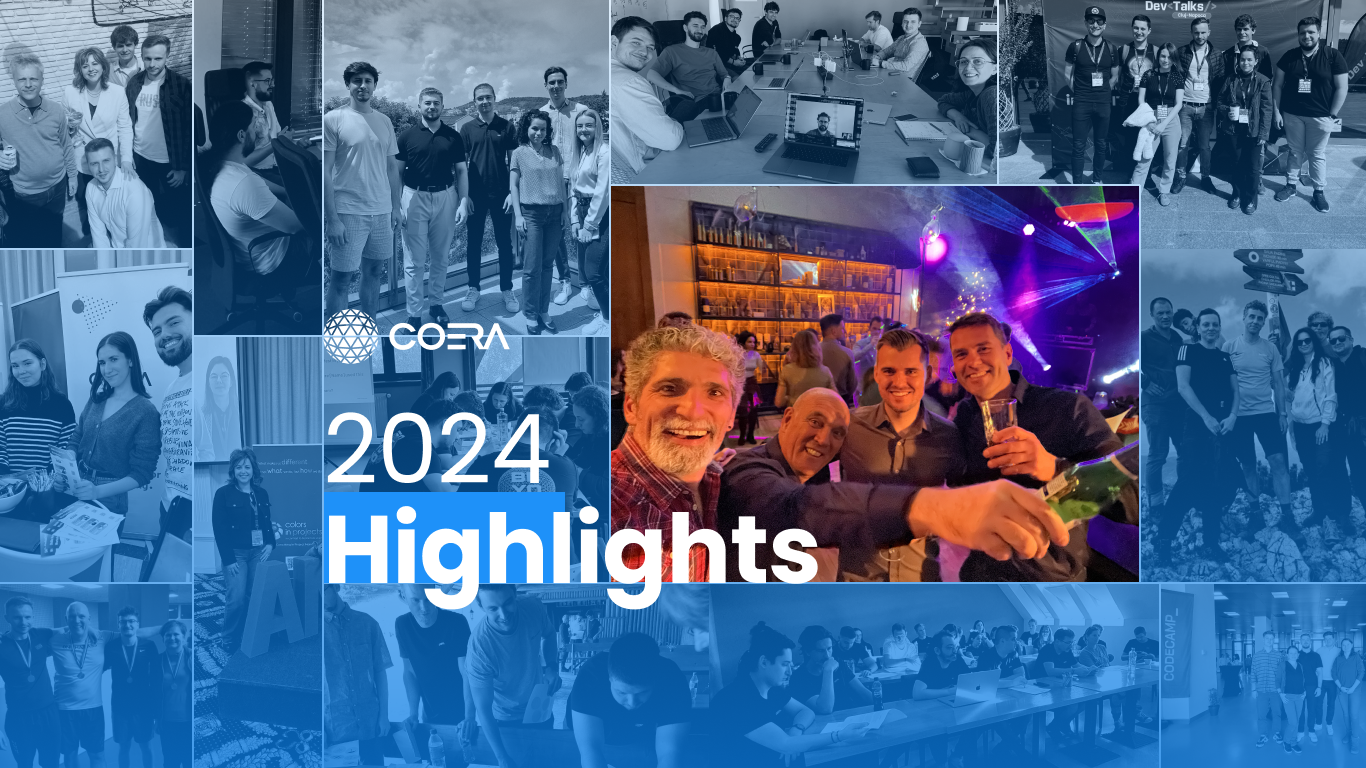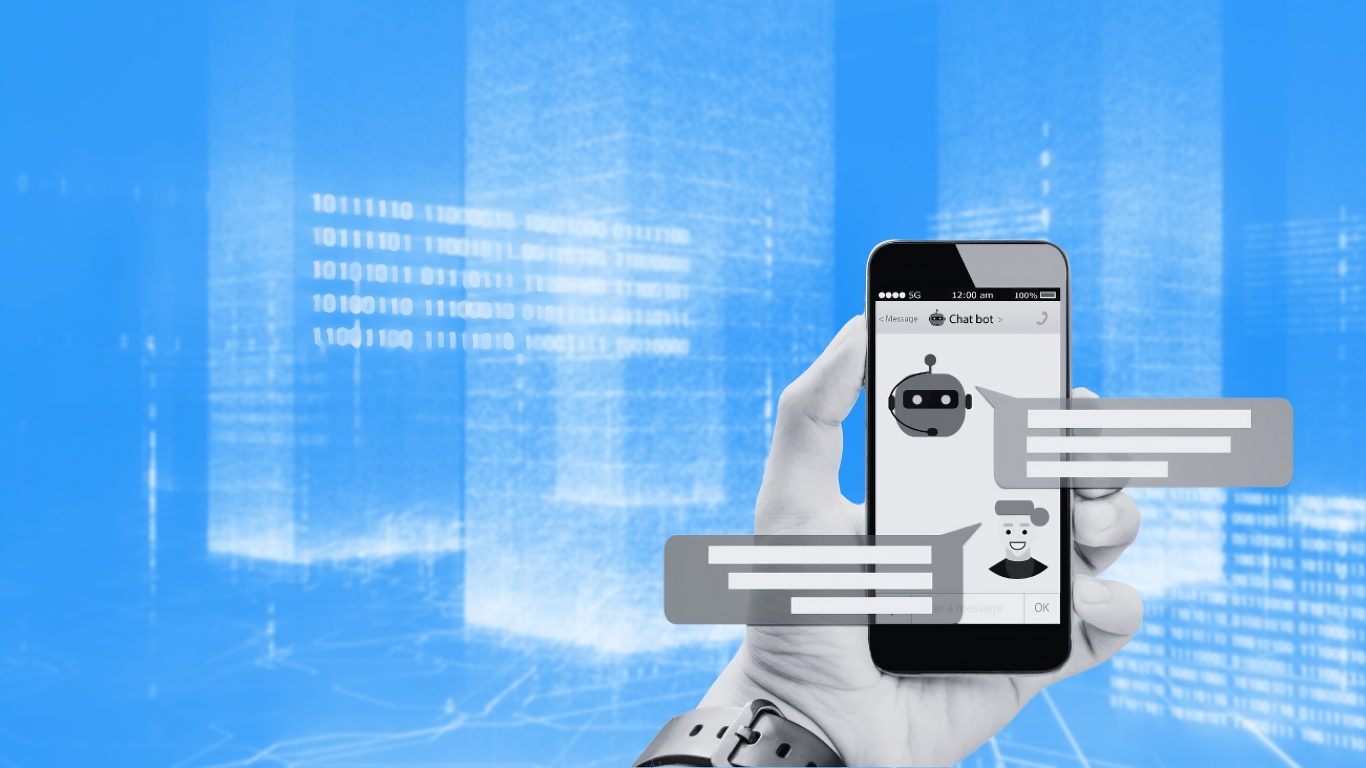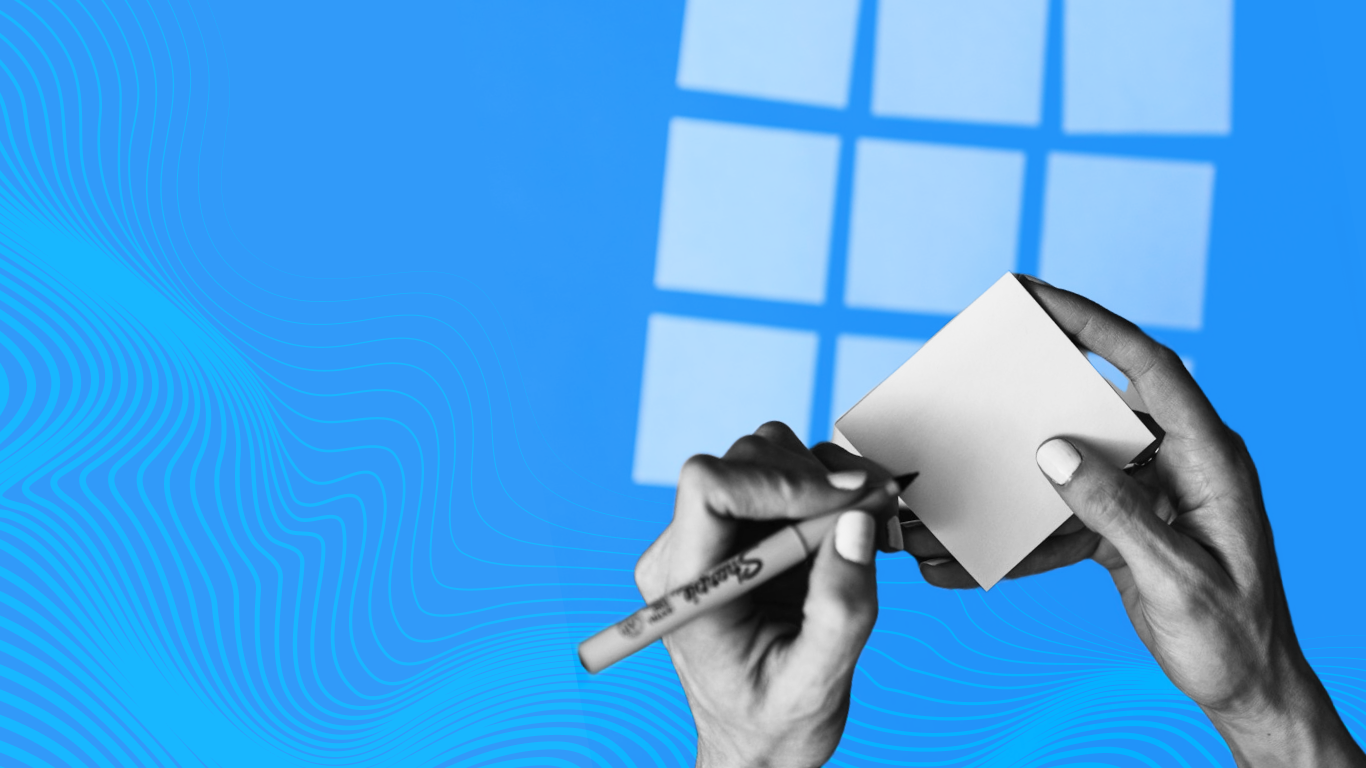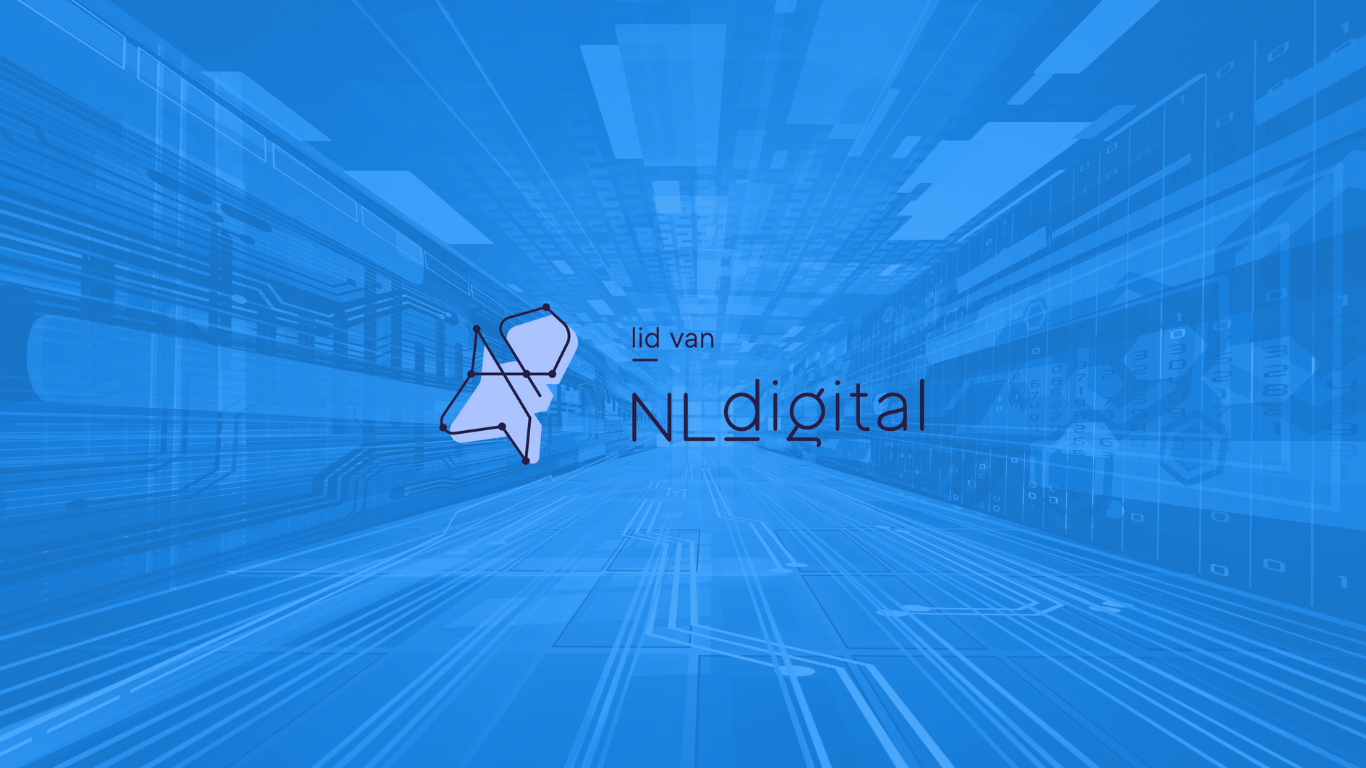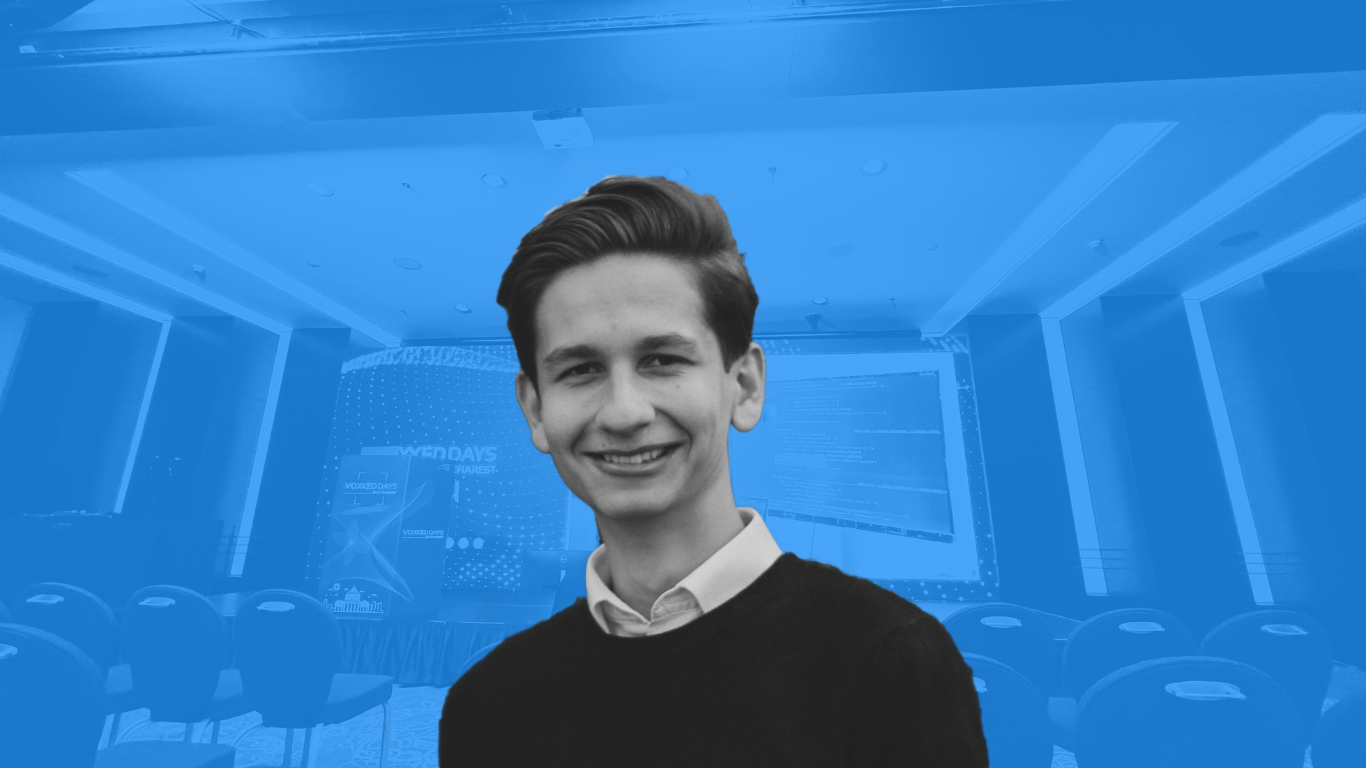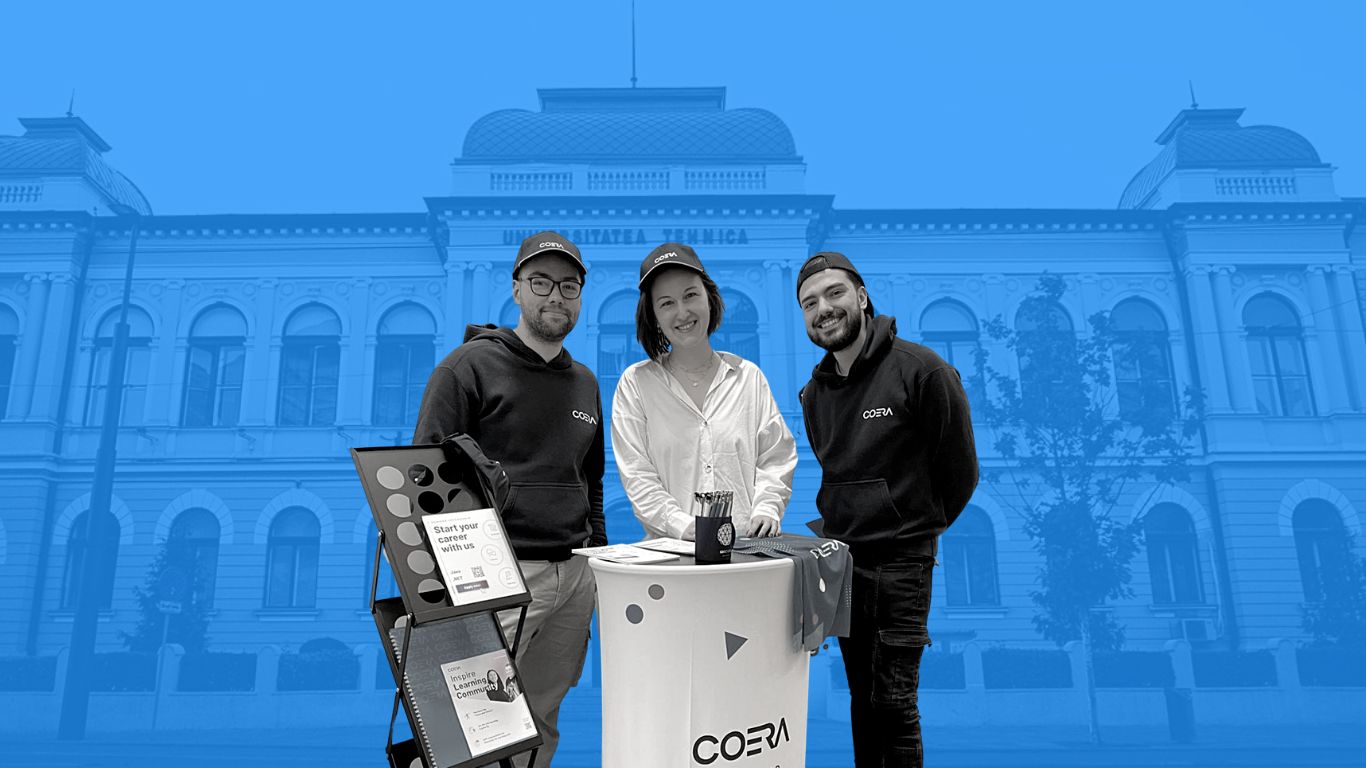In today's fast-paced world of technology, we're seeing more and more ways that artificial intelligence (AI) and machine learning (ML) are being used in software development. At Coera, we're right in the middle of this exciting journey, so let's dive into how AI is changing the game in software development.
According to Kian Gohar and Jeremy Utley of Stanford University, authors of the article "Don’t Let Gen AI Limit Your Team’s Creativity" published by Harvard Business Review, AI-assisted teams produced only a few more ideas than non-AI assisted teams and those teams also received fewer top grades.
In their experimental study, they collaborated with four companies. The challenge was to tackle business problems with and without AI assistance, and to analyse common misconceptions about generative AI, problem-solving.
The remarkable capabilities of the AI tool made teams using it feel significantly more assured in their problem-solving skills compared to those who didn't. But the grades they received suggest that much of that confidence was misplaced.
The possible explanations of this results provided by the authors were related to a cognitive bias and a certain confidence of the participants using AI tools.
Many of the teams in the experiment simply accepted the first suggestion offered by ChatGPT. Gohar attributes this to the Einstellung effect: a cognitive bias whereby people gravitate to early, familiar solutions rather than extensively explore more possibilities.
The author’s recommendation is that no matter how good the tool’s initial suggestion might seem, teams should always follow up with more, and more-specific, questions. By doing so, they allow the model to refine its responses and provide users with more solutions to ultimately choose from.
Gohar suggests steps for optimizing generative AI use: define precise problems, allow individual brainstorming before AI engagement, rigorously train the AI, treat AI as a conversational partner, follow up with specific questions, and have an external facilitator consolidate solutions.
We, at Coera are aware of the possible pitfalls of using AI and engaging with such tools in our projects, which demands some experimentation before implementing them. Therefore, organizing hackathons, allows us to explore cutting-edge technologies and our 2023 two-day hackathon showcased our software development team's dexterity in exploring AI solutions across four distinct areas. From optimizing Large Language Models (LLMs) through the use of Retrieval Augmented Generation (RAG) techniques to anomaly detection in the area of application events.
The event highlighted the immense potential of AI-driven innovation. "We were able to build prototypes pretty quickly but of course productizing them is a different challenge. Testing AI/ML driven products is not standardized yet and the decisions taken by related algorithms are not fully traceable" said Laszlo, one of our experts. Nonetheless, the enthusiasm generated by the hackathon's experiments fuels our commitment to pushing the boundaries of what's possible with AI. With a focus on expanding and enhancing our discoveries, we are positioned to ignite transformative progress in the field.
However, integrating AI into software development might be challenging. Although tools such as ChatGPT and Copilot can accelerate learning and exploration in new domains, there are concerns about the sustainability and maintenance of code generated by generative AI models. The rapid evolution of technology may also lead to shorter application lifespans, necessitating frequent migration between old and new architectures and Intellectual property concerns and their potential impacts on product quality also need to be carefully considered.
Despite these challenges, smart coding assistants such as Copilot and Tabnine, offer developers valuable support in navigating complex coding tasks and accelerating productivity. To stay ahead in this rapidly evolving landscape, continuous learning and hands-on experiences are essential. According to our colleague Mihai,
"following different developments by major players such as Microsoft and Google help us prepare to adapt to the emerging trends".
The potential of AI in software development is undeniable, and it is very important to approach its implementation with caution and diligence. As we continue to push the boundaries of innovation, we remain committed to delivering high-quality products and services that leverage the power of AI with the ultimate goal to produce better quality.
